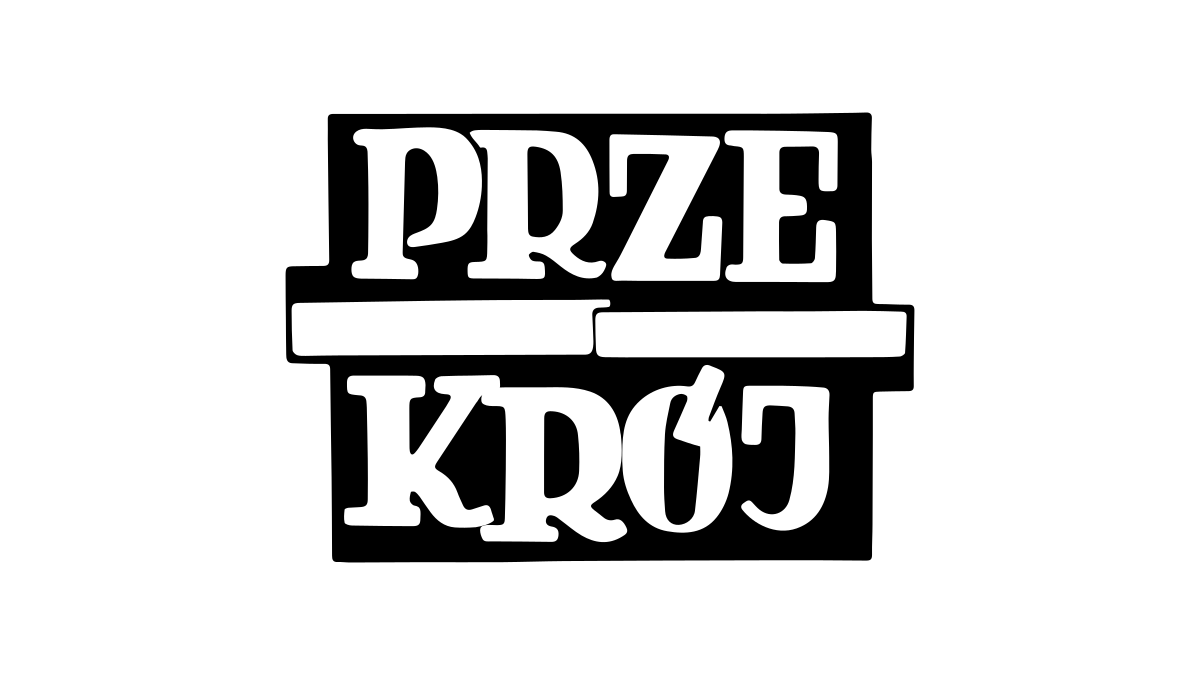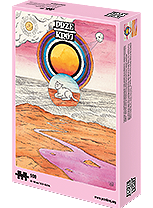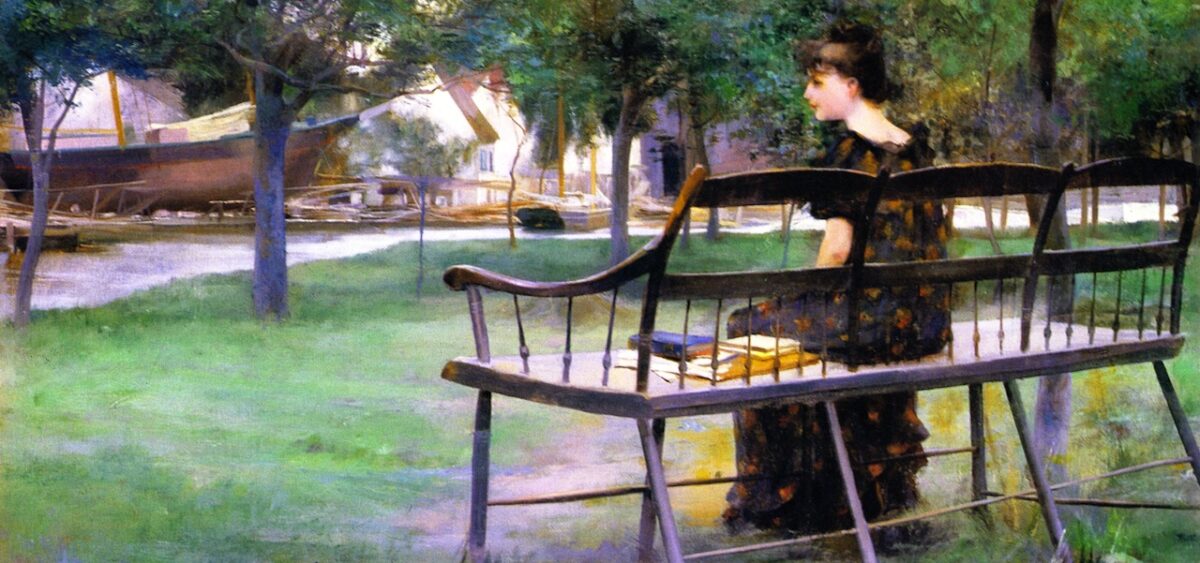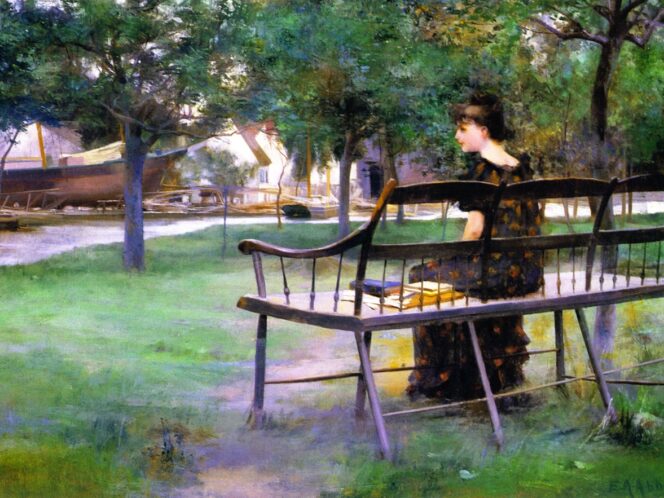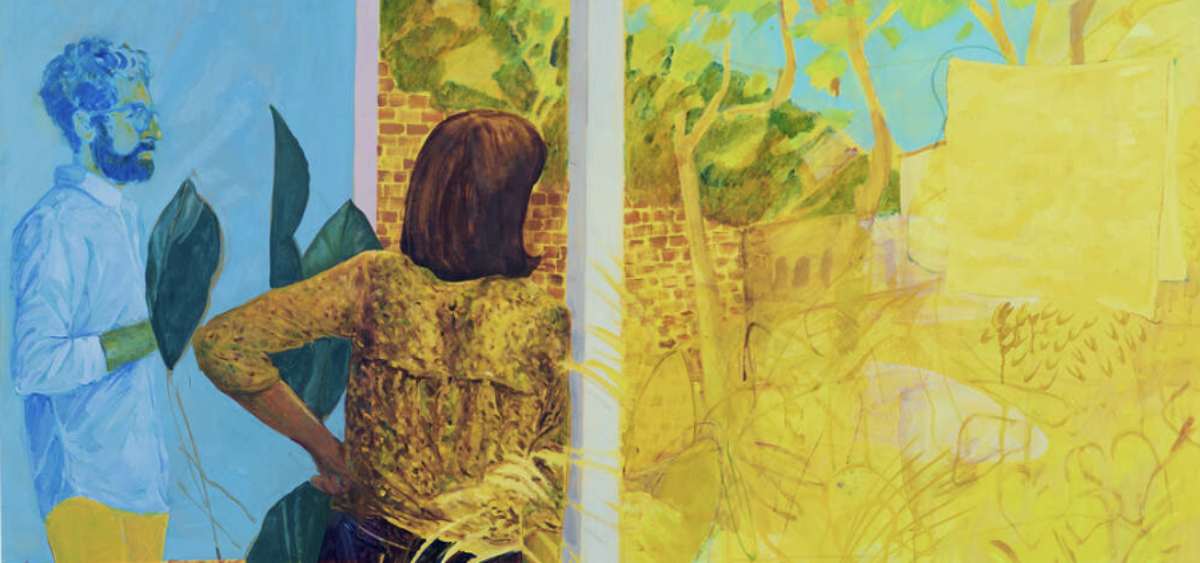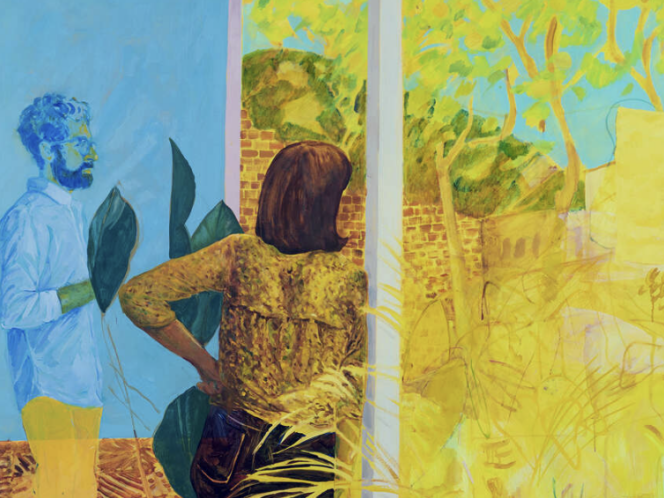
Let us try to redefine humanity by acknowledging its fragility and transience. These days, as philosophy seeks ways to overcome anthropocentrism, the classical theory of evolution can help.
Charles Darwin is rarely considered a classic of philosophy. Although he used to inspire the humanities, his observations and theories have been ultimately assimilated into the canon of natural sciences. Recently, however, the perception of his work is changing . Certainly, Darwin continues to be broadly associated with natural selection and the survival of the fittest, which made it possible to regard social life in terms of competition and animalistic (or inhuman) ruthlessness while protecting one’s life and one’s life only. The full title of his best-known study is On the Origin of Species by Means of Natural Selection, or the Preservation of Favoured Races in the Struggle for Life. As we might imagine, the figure of Darwin does emerge in racist and misogynistic contexts, becoming tainted by the bad reputation of eugenics and twentieth-century totalitarianisms. It surely remains an important task toconsider his work in these problematic contexts which reveal the darker side of the West. At the same time, however, it seems equally valuable to verify whether Darwin’s writings also contain something that could inspire us to think about humanity differently and with a greater dose of humility.
Humanists deliberate whether we have learned from Darwin’s lessons and whether the old ruts into which his theories slipped still exist. Can his texts provide answers to the fundamental questions about human origins as well as the nature of our species and its future? Are we capable of taking inspiration from his ideas in times of anthropogenic climate change, the sixth great extinction, and the destabilization of planetary life conditions for life? Did Darwin perceive the world—both human and non-human—merely as a theatre of ruthless competition and bloody struggle, where victory belongs only to the strongest and fiercest? Or perhaps emerging unscathed is possible only for the flexible ones—those who can adapt quickly and effectively to the rapidly changing habitat?
Us and “All the Rest”
The human being is one of the central subjects in Western philosophy. Who are we? How do we think and learn about the world? What is the origin of good and evil in us? What is our role in the world? These
